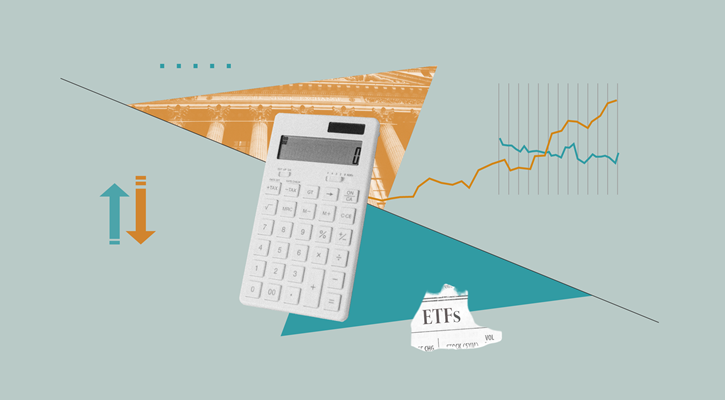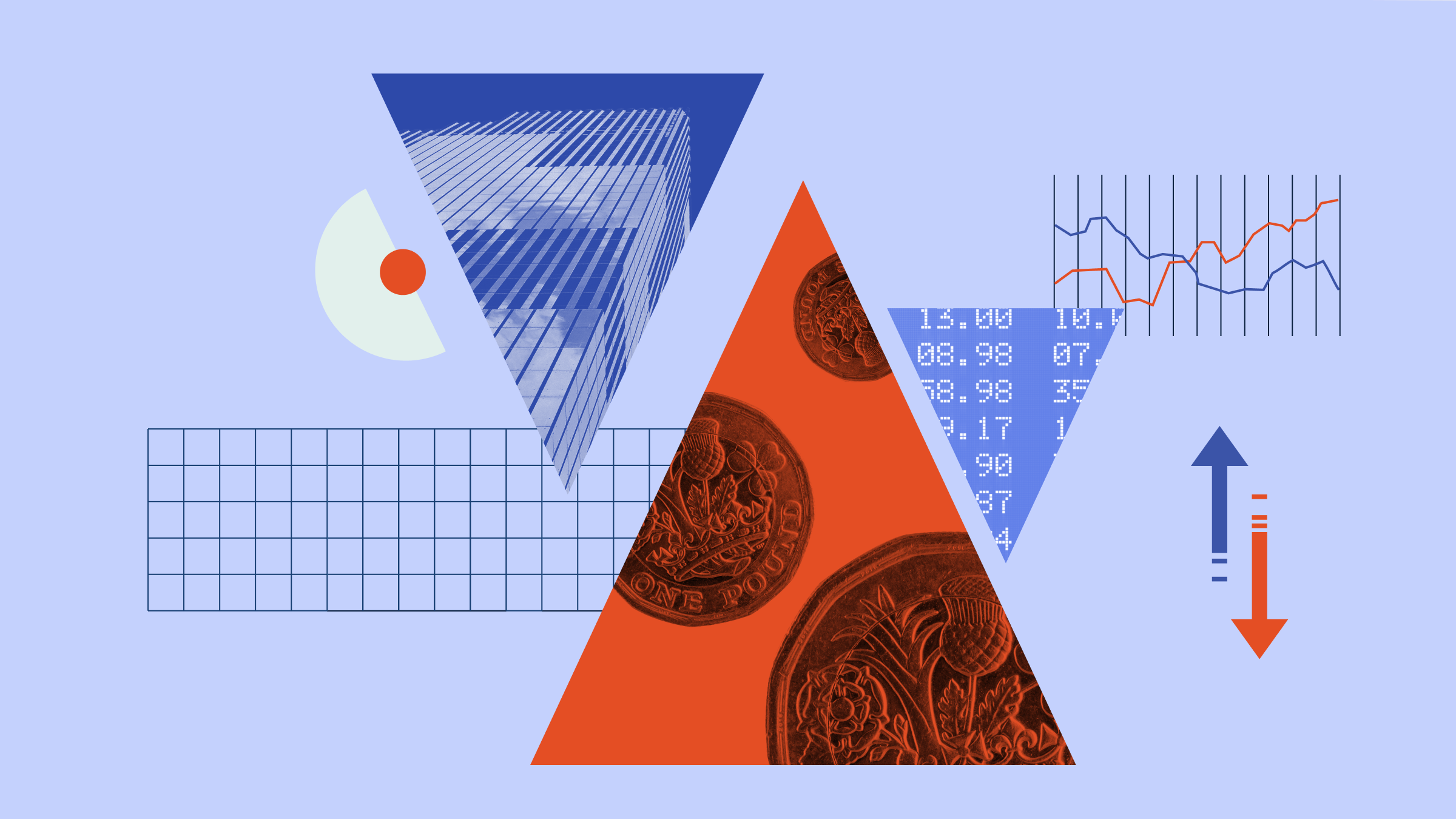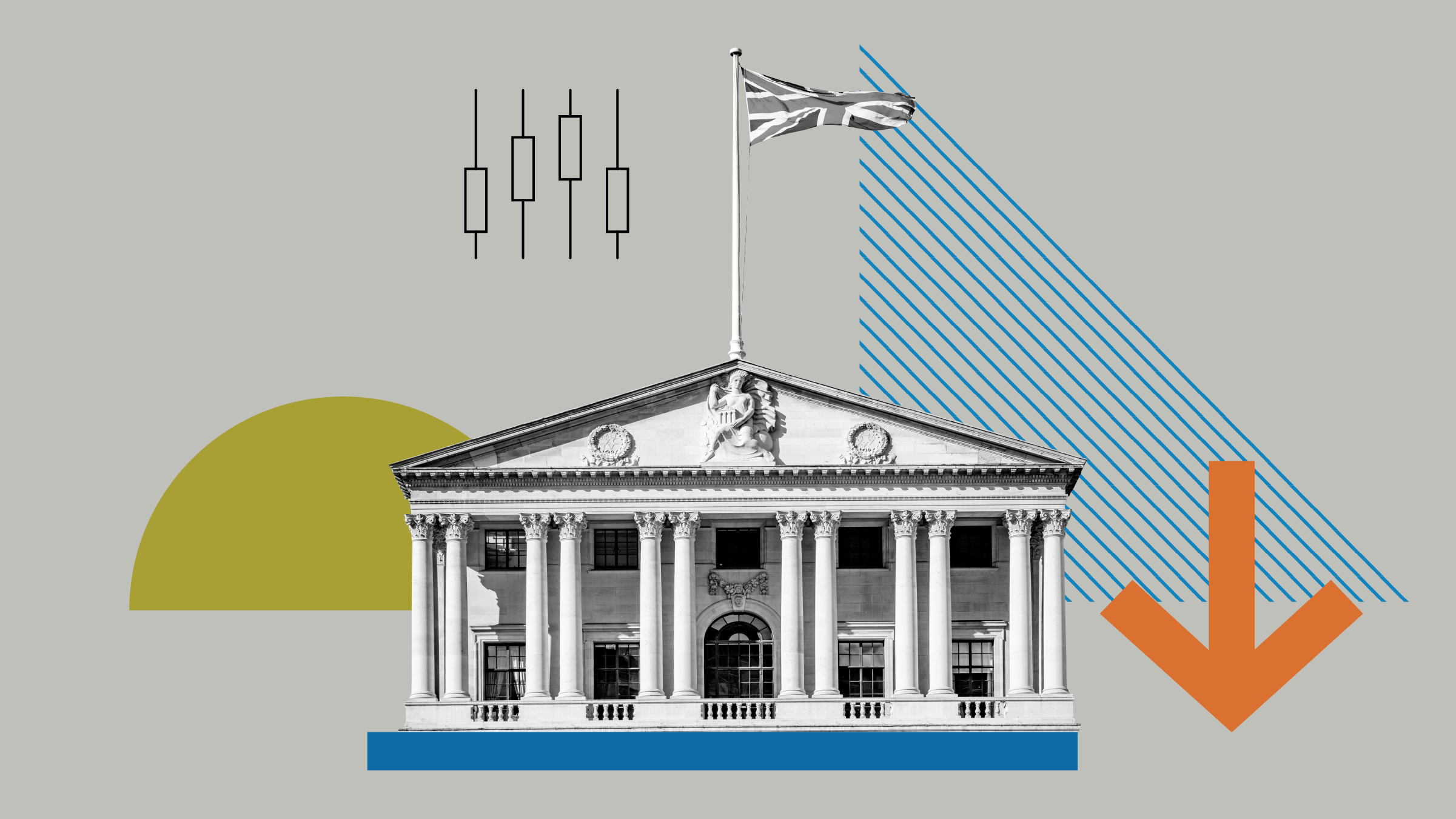xxxx
As an investment wrapper, exchange-traded funds have several beneficial characteristics. But I would argue that some have been oversold and made out to be more significant than they are. Others have been undersold, not given their due. In both cases, I think there is some mischaracterisation of the benefits, missing context, or some combination of the two. Here, I will stand them up and knock them down, one by one.
Oversold: ETFs' liquidity – the ability to trade them just like stocks, during normal market hours. I think liquidity is oversold for two reasons. First, I think this framing is overly narrow. Second, I think that intraday liquidity could tempt investors to trade more often.
Undersold: ETFs' flexibility. Investors can go long ETF shares, sell them short, buy them on margin, buy and sell options on them, lend them to others to collect a fee, and more. This versatility can attract a very large and diverse investor base that uses these funds in meaningfully different ways. The diversity of ETFs' base of investors and their use cases is the foundation of healthy liquidity in ETF shares, which benefits all investors in the fund.
Oversold: ETFs' transparency – the ability to see (in most cases) what's inside their portfolios daily.
Undersold: The relative predictability (a concept attributed to Vanguard Group founder Jack Bogle) of index-based exposures versus traditional active strategies, most notably the elimination of idiosyncratic risks like manager risk. While some uber-vigilant investors might care about the contents of an ETF's portfolio enough to examine them every day, I think that most are attracted to the stability lent by the rules dictating the selection and weighting of the constituents of their portfolios. This is embodied in their indices' methodologies. With index funds, there is no need to fret over whether managers might up and leave or lose their touch.
As Morningstar columnist John Rekenthaler notes: "Bogle staked Vanguard’s future on the belief that, ultimately, how funds were marketed and distributed was less important than the quality of the funds." The growth of ETFs over the years "has expanded the investment possibilities for retail buyers", he adds.
Oversold: ETFs' cost advantages, relative to index mutual funds tracking like benchmarks and charging like fees.
Undersold: Index funds' cost advantages (no bid-offer spread, no market impact) versus ETFs for regular savers/investors – again, assuming similar underlying benchmarks and fees. Investors should sharpen their pencils to see whether it's worth incurring these transaction costs.





























